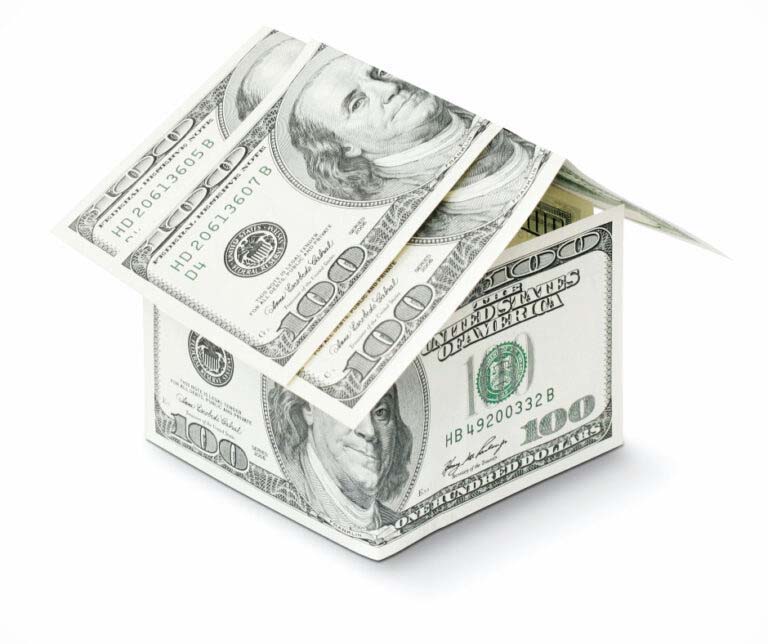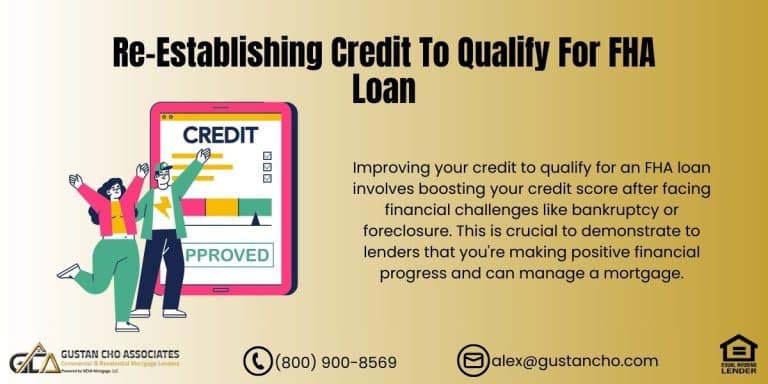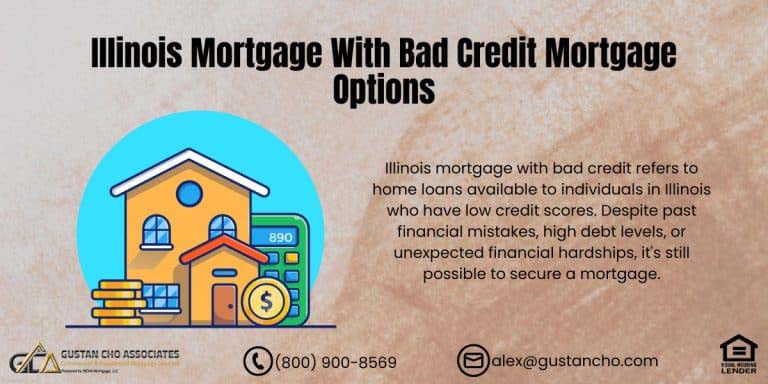This Article On Bankruptcy Alternatives & How Bankruptcy Affects Mortgage Qualification
Many who have extenuating circumstances such as job loss, business loss, medical issues, or divorce fall behind on their debts. Once consumers fall behind on their debts due to loss of income, it is very difficult to catch up. Many who are behind on bills and are drowning in debt think about filing bankruptcy as an option.
- For those folks who have been laid off or went through a divorce find themselves behind on their bills and feel extremely discouraged on how they can ever catch up
- They figure that they already ruined their credit so why not just file bankruptcy and get a fresh start
- There are many advantages in filing bankruptcy and getting a fresh start but there are also bankruptcy alternatives a consumer can take to avoid bankruptcy as well
- Is filing bankruptcy the best option?
In this article, we will discuss and cover Bankruptcy Alternatives & How Bankruptcy Affects Mortgage Qualification.
Exempt From Bankruptcy Discharge
Not all debts can be discharged in bankruptcy.
- Bankruptcy will not discharge federal student loans, tax liens, government fines, and income taxes in most cases.
Bankruptcy will discharge credit card debt, auto loans, auto leases, mortgages, apartment leases, home leases, business debt, and judgments.
Negotiation With Creditors As Bankruptcy Alternatives
Some bankruptcy alternatives include negotiating with creditors on a payment plan and see if they can discount total debt.
- For example, if a consumer owes $1,000 on a credit card, see if the creditor can reduce the $1,000 debt to $500 or less and settle or enter into an interest-free payment agreement
- See if the creditor can exempt the interest they are charging
- Homeowners who are behind on their mortgage payments, contact a mortgage lender and see if they can offer a forbearance or loan modification
Many mortgage lenders do not want the house and some will even put the balance behind to the back of mortgage loan.
Some Bankruptcy Alternatives
With high car payments, see if the auto finance company can restructure the debt.
- Or if the car needs to be surrendered, see if the car can be voluntarily surrendered and the debt forgiven
- Consumers should consider the pros and cons when deciding whether to file bankruptcy or not
- There are bankruptcy alternatives that consumers should explore
I have seen many people file bankruptcy with debts as low as $5,000.
Bankruptcy On Credit Report?

Bankruptcy stays on personal credit reports for 10 years.
- Consumers will have a very difficult time getting new credit after filing bankruptcy
- There are mandatory waiting periods to qualify for government and conventional loans after Chapter 7 and Chapter 13 Bankruptcies
- NON-QM Loans do not have any waiting period after bankruptcy and foreclosure
- NON-QM Loans require 20% down payment and mortgage rates are higher than government and conventional loans
- A bankruptcy will easily drop credit scores by more than 100 points
- Those who file bankruptcy, can re-establish their credit with secured credit cards after the discharged date of the Chapter 7 Bankruptcy and get credit scores in the 700’s in about a year
- If consumers can work things out with creditors, credit scores will still suffer but over time, it will go back up
Negotiating with creditors is a great bankruptcy alternatives where the negative credit impact can be less than a Chapter 7 bankruptcy.
Judgments
There are cases where there are bankruptcy alternatives.
- For example, if a consumer has a judgment for a few thousand dollars, they can see if the judgment creditor can settle it for pennies on the dollar
- Judgment creditors can also discount the debt and agree to a monthly interest-free payment plan
- Consumers who have judgments for millions of dollars and know that can never pay that judgment, bankruptcy may be the only way out
- If the judgment was filed years ago, consumers may want to gamble on waiting out the statute of limitations on that particular judgment which is normally ten years
- The statute of limitations on judgments depends on the state
Judgment creditors can also renew judgments after the statute of limitations period for another 10 years, depending on the state.
Qualifying For Mortgage After Bankruptcy
Home Buyers can qualify for home loans after bankruptcy and foreclosure. Here are the requirements in qualifying for a mortgage after bankruptcy:
- FHA requires a two year waiting period after Chapter 7 Bankruptcy discharged date
- Homebuyers can qualify for VA Loans and FHA Loans one year into a Chapter 13 Bankruptcy repayment plan
- There is no waiting period to qualify for VA Loans and FHA Loans after Chapter 13 Bankruptcy discharged date
- There is a two-year waiting period to qualify for VA Loans after Chapter 13 Bankruptcy
- There is no waiting period to qualify for VA and FHA Loans after Chapter 13 Bankruptcy dismissal date
- There is a four-year waiting period to qualify for Conventional Loans after Chapter 7 Bankruptcy discharged date
- There is a two-year waiting period to qualify for Conventional Loans after Chapter 13 Bankruptcy discharged date
- There is a four-year waiting period to qualify for Conventional Loans after Chapter 13 Dismissal Date
- There is no waiting period to qualify for NON-QM Loans after bankruptcy
- Non-QM Loans require 20% down payment and have higher mortgage interest rates
I strongly recommend that you weigh the pros and cons of filing bankruptcy. Research on bankruptcy alternatives and see if there are solutions for you to avoid it. If debts are primarily student loans, tax liens, and government collections, then consumers may want to reconsider filing bankruptcy.









